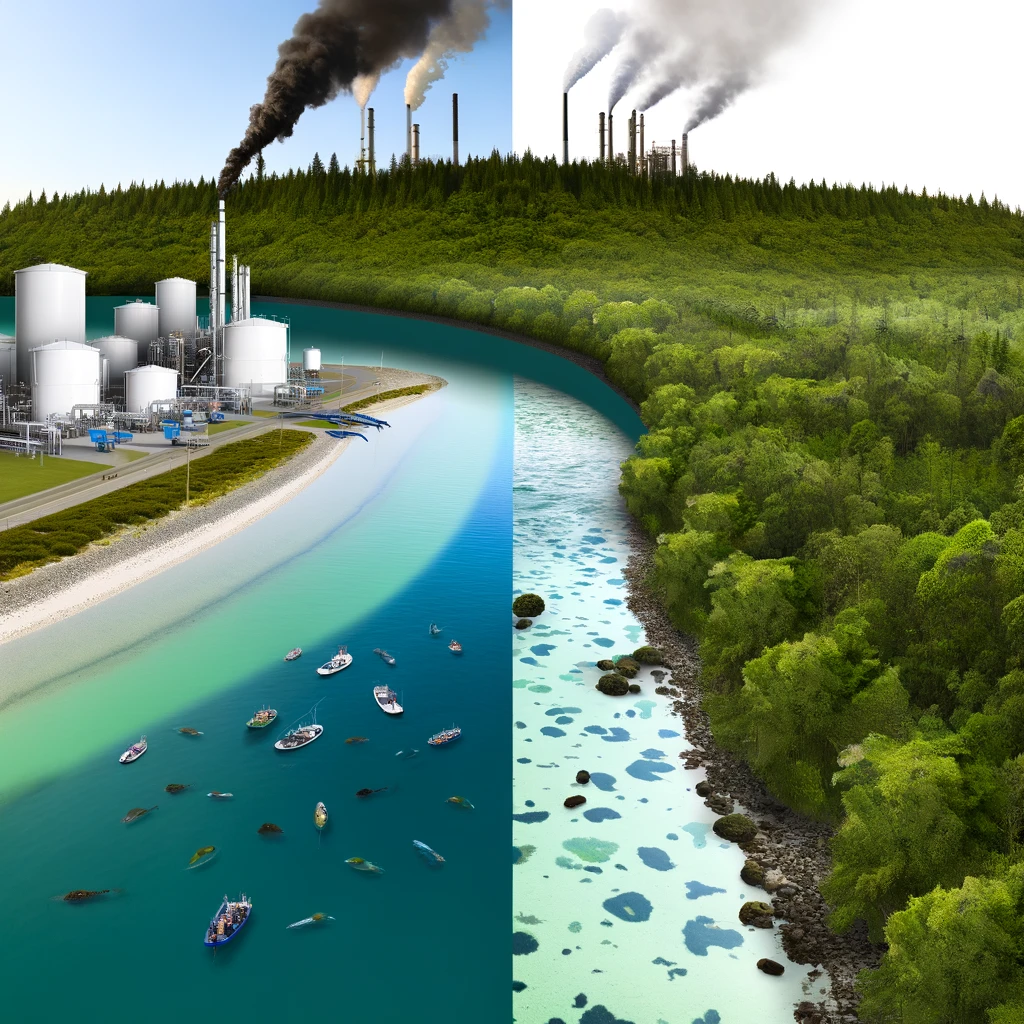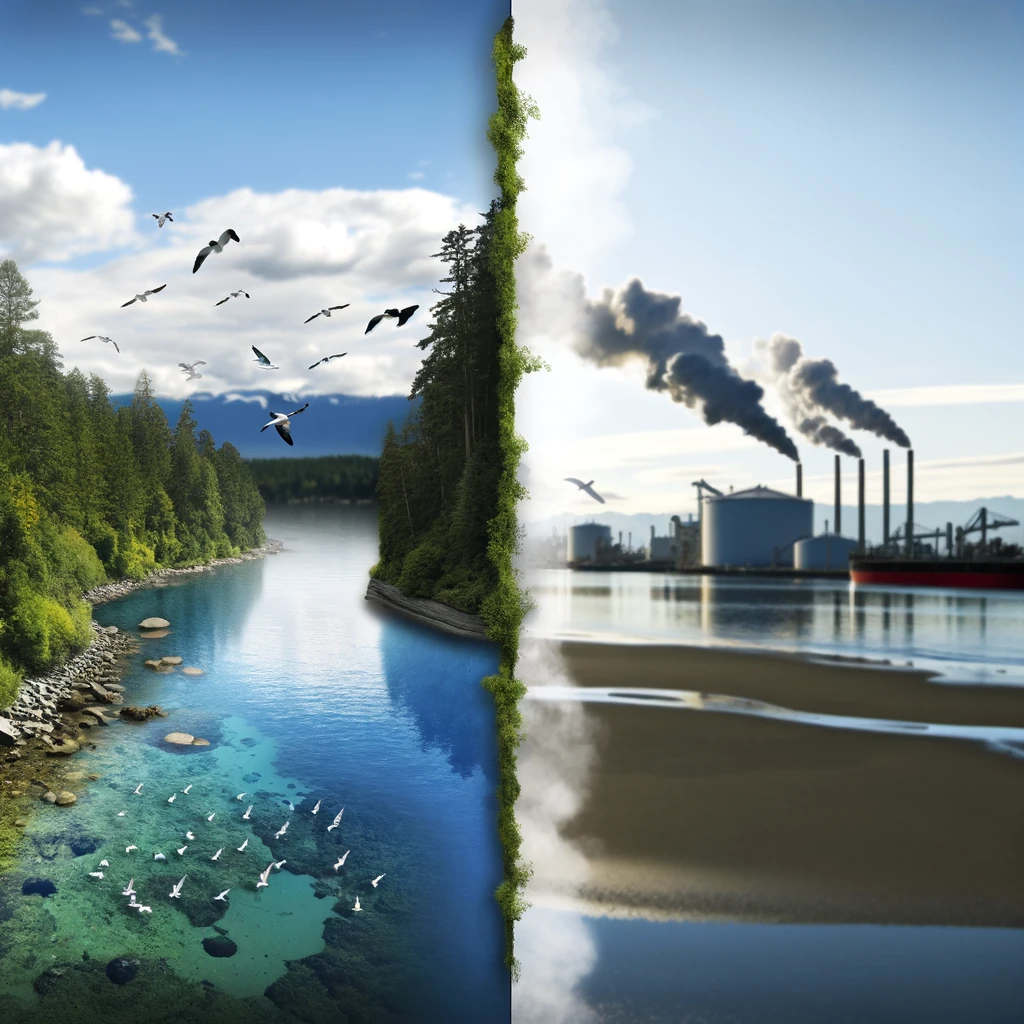
In White Rock, Canada, a small town known for its scenic landscapes and tranquil living, a proposed biofuel project has ignited a fiery debate among residents, becoming a microcosm of the larger discussions on environmental policy and community engagement. This controversy not only underscores the complexities of balancing sustainable development with environmental preservation but also highlights the critical role of community involvement in shaping environmental projects.

The biofuel project in question, proposed by a major energy company, promises to bring renewable energy solutions to the area, touting the benefits of reducing reliance on fossil fuels and cutting greenhouse gas emissions. However, many residents are raising alarms about the potential environmental impacts, fearing that the project could endanger local ecosystems, particularly water sources and wildlife habitats. Critics argue that the project’s benefits are overshadowed by the risks it poses to the environment and public health, including possible air and water pollution.
This situation in White Rock serves as a poignant example of the broader debates on environmental policy, where the line between technological advancement and ecological preservation is often blurred. The biofuel project has become a lightning rod for discussions on how societies can transition to greener energy sources without compromising the well-being of local communities and the environment. It raises questions about the adequacy of environmental assessments and the transparency of information shared with the public.
Moreover, the controversy highlights the importance of community engagement in environmental decision-making processes. Residents of White Rock have organized meetings, petitions, and protests, demanding a more significant say in the project’s development and implementation. Their actions reflect a growing sentiment that for environmental policies and projects to be truly sustainable, they must be rooted in the consent and participation of the communities they affect.
The clash over the biofuel project also sheds light on the challenges of implementing green technologies in areas where environmental values are deeply ingrained in the community’s identity. For many in White Rock, the project represents not just a potential environmental threat but a challenge to their way of life and connection to the land. The situation underscores the need for developers and policymakers to not only consider the technical and economic aspects of environmental projects but also the social and cultural dimensions.
As the debate continues, the biofuel project in White Rock is a reminder of the intricate dance between innovation and conservation. It exemplifies the tensions that arise when the path toward sustainable development intersects with the preservation of local ecosystems and community values. The controversy also serves as a call to action for more inclusive and transparent environmental policymaking, where the voices of affected communities are not just heard but are integral to the decision-making process.
The biofuel project controversy in White Rock is emblematic of the broader challenges facing environmental policy today. It highlights the need for a nuanced approach to sustainable development, one that harmonizes the push for green technologies with the imperatives of environmental protection and community empowerment. As societies worldwide grapple with these issues, the story of White Rock serves as a valuable case study in the complexities of navigating the future of environmental sustainability.